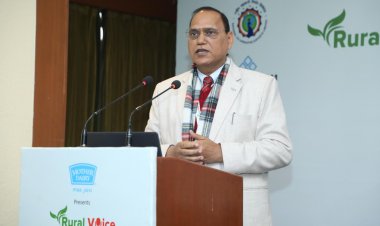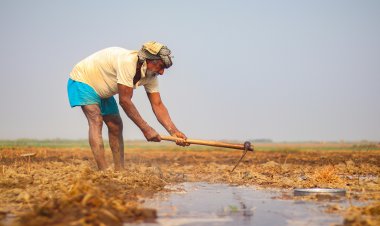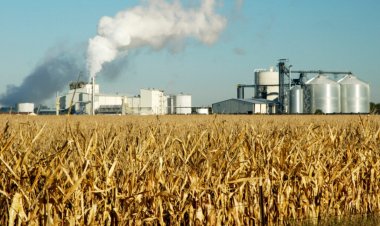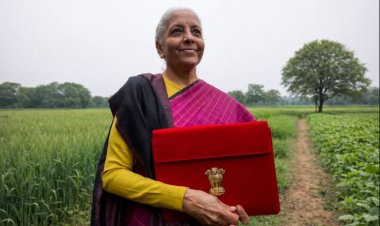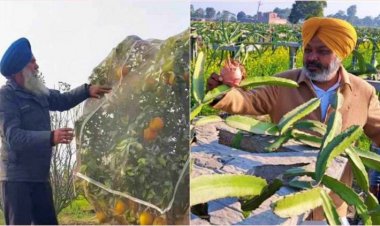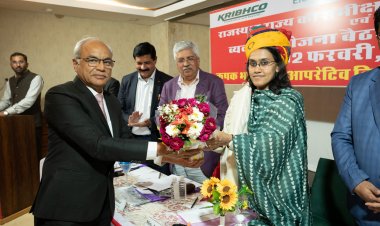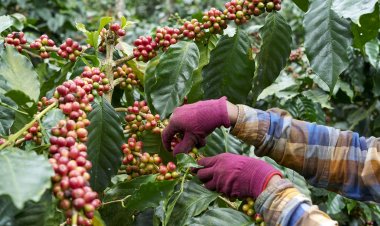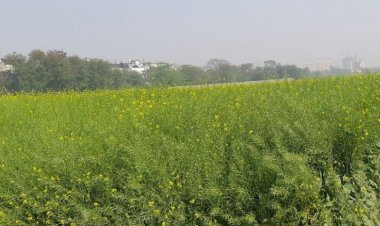Experts Urge Biotech Expansion as Andhra Pradesh's Agriculture Achieves 8.80 percent CAGR
With Andhra Pradesh’s agricultural sector witnessing an impressive Compounded Annual Growth Rate (CAGR) of 8.80%, experts have credited biotechnology as a key driver of this success.
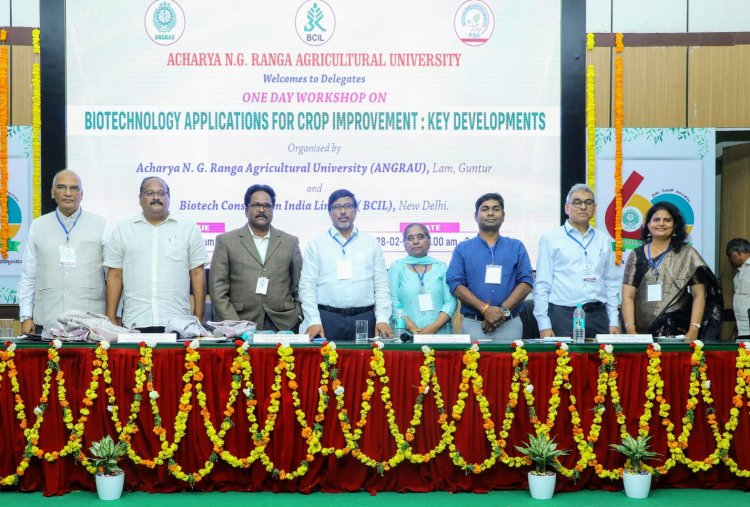
With Andhra Pradesh’s agricultural sector witnessing an impressive Compounded Annual Growth Rate (CAGR) of 8.80%, experts have credited biotechnology as a key driver of this success. At a high-profile workshop held at the Regional Agricultural Research Station (RARS), Guntur, researchers, policymakers, and industry leaders emphasised the need to further scale up biotechnological innovations to sustain this momentum.
The workshop, jointly organised by Acharya N.G. Ranga Agricultural University (ANGRAU), Biotech Consortium India Limited (BCIL), and the Federation of Seed Industry of India (FSII), focused on advancements in genetic engineering, molecular breeding, and precision biotechnology to tackle climate-related challenges in agriculture.
With Andhra Pradesh’s coastal regions increasingly vulnerable to floods, cyclones, and erratic rainfall, agricultural resilience has become a top priority. Rice, the state’s dominant crop, faces persistent threats from bacterial blight caused by Xanthomonas oryzae pv. oryzae.
To counter these challenges, scientists from ANGRAU and ICAR-National Institute for Plant Biotechnology, Delhi, have developed MTU 1232, a high-yielding, flood-tolerant rice variety. Between 2020 and 2024, over 46 innovative rice seed varieties have been introduced in the state, further strengthening biotechnology’s role in agricultural sustainability.
Dr. R. Sarada Jayalakshmi Devi, Vice Chancellor of ANGRAU, highlighted the university’s leadership in biotech research. “MTU 1232, developed using the Sub1A gene, can survive flash floods for 10-14 days and stagnant water up to 50 cm for over a month. With an 80% survival rate, it yields 3,792 kg/ha under severe floods and 6,000 kg/ha in normal conditions, making it a game-changer for flood-prone regions,” she stated.
Bt Cotton’s Success and Potential for Other Crops
Beyond rice, Andhra Pradesh has been a leader in Bt cotton adoption, with 4,73,345 farmers cultivating it in 2023-24. An ICAR-CICR study found that Bt cotton increased yields by 3-4 quintals per acre while significantly reducing pesticide use.
Shri Ram Kaundinya, Advisor to FSII and Co-founder of AGVAYA, stressed the broader potential of biotechnology. “Biotechnology provides both transgenic and non-transgenic solutions to agricultural challenges. Bt cotton has demonstrated how genetic modifications can improve yields, resilience, and farmer income. Crops such as maize, rice, chilli, vegetables, pulses, and oilseeds in Andhra Pradesh could see tremendous gains through biotech adoption,” he explained.
Dr. Vibha Ahuja, Chief General Manager at BCIL, underscored the transformative impact of biotech advancements. “Since the introduction of genetically engineered crops in 1996, yields of maize, soybean, cotton, and canola have surged. Gene editing, a breakthrough since 2012, is now accelerating crop improvement with faster, more precise solutions. Coupled with precision agriculture, these innovations can drive the next wave of progress,” she said. Dr. Ahuja also emphasised that these technologies undergo rigorous safety and regulatory assessments, ensuring they are safe for farmers and consumers.
The workshop explored genome editing, pest resistance, soil health, and economic benefits for smallholder farmers. Experts stressed the urgent need for investment, policy support, and farmer education to unlock biotechnology’s full potential.



 Join the RuralVoice whatsapp group
Join the RuralVoice whatsapp group

















